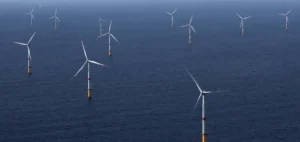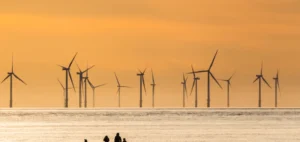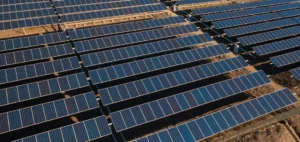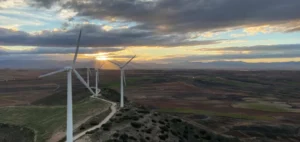According to the Organization of the Petroleum Exporting Countries (Opec), global oil demand has not only returned to pre-pandemic levels, but even exceeded them by the end of 2022. In the last quarter of 2022, global oil demand passed the 100 million barrel per day mark at 101.17 million barrels per day. Opec also expects further demand growth in 2023, mainly driven by China.
Fossil fuel consumption does not decrease despite climate change
Despite the increased awareness of the effects of climate change, the consumption of fossil fuels does not seem to be decreasing. Instead, carbon emissions from fossil fuels, including oil, are expected to continue to rise until about 2025 before beginning to decline.
China, Asia and the Middle East are the main growth drivers
Non-OECD oil demand is expected to increase by 2 mb/d and exceed pre-pandemic levels for the second year in a row, driven mainly by China, Asia and the Middle East. In China, annual oil requirements fell last year, but the end of the zero Covid policy in December should support demand in 2023, according to Opec.
Demand growth slows in developed OECD countries
In the developed OECD countries, oil demand growth is expected to slow to about 0.4 mb/d in 2023, following a 1.3 mb/d increase in 2022. Demand from the Americas is expected to drive growth, while demand from Europe and Asia-Pacific is expected to stagnate, according to Opec.






